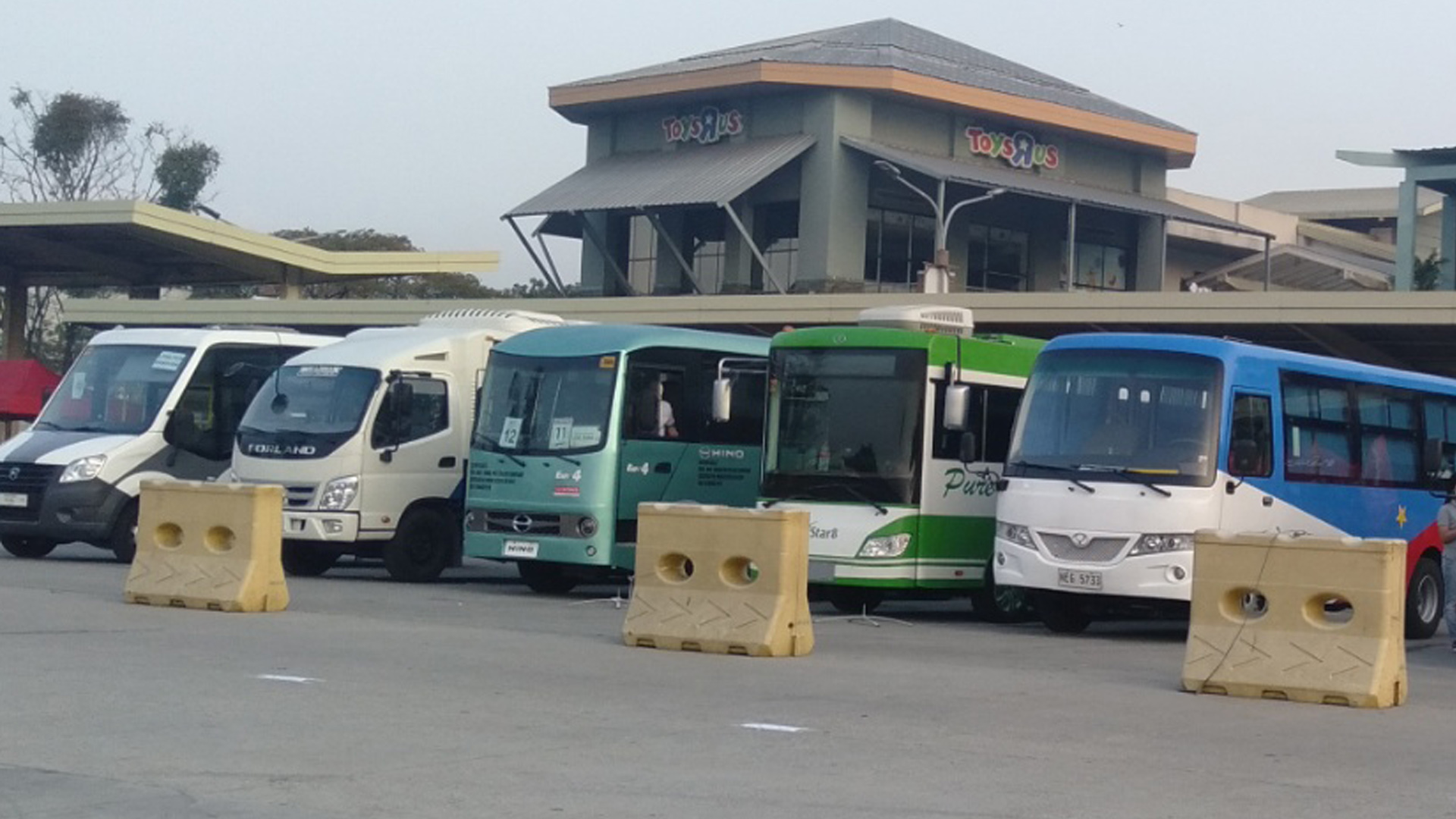At least 172 public utility buses are now allowed to travel in some provinces of Central Visayas that are under the general community quarantine (GCQ), the top transportation regulatory official in Region 7 said on Thursday.
Retired Colonel Eduardo Montealto Jr., Land Transportation Franchising and Regulatory Board (LTFRB-7) regional director, said that 52 bus units (36 for north-bound and 16 for south-bound) from different operators were issued with special permit (SP) to travel in Cebu province.
Also, 60 bus units in Bohol and 60 units from the original 113 units that applied in Negros Oriental were allowed to travel due to the lower risk classification of the two provinces as per Resolution No. 37 of the Inter-Agency Task Force for the Management of Emerging Infectious Diseases (IATF-EID).
Montealto said his office allowed only around 50 percent of the total bus inventory in the province to travel, considering the continued limitation of movement of people even during GCQ.
According to the agency’s new normal “hierarchy of transportation”, mini-buses will be permitted to travel if the number of buses could not cope with the demand from the passenger. Next to minibuses will be Utility Vehicle (UV) Express, then the traditional public utility jeepneys (PUJ).
If all the local government units (LGU) in the entire Cebu island will be placed under GCQ, taxis and transport network vehicle service (TNVS) will be allowed to travel.
As of now, the capital city and Mandaue are still under enhanced community quarantine.
Aside from the buses, the LTFRB-7 has also issued SPs to 10 modern public utility vehicles in Lapu-Lapu City.
Operators can apply for the permit from LTFRB-7 through online and issuance of SPs are free of charge, Montealto said.
“Right now, it is not necessary to deploy all the buses that we have in the inventory because not all people are allowed to go out of their homes. The other factor is that those who are 20 years old and below and 60 years old and above are not allowed to move out,” he said.
Because of the ongoing enhanced community quarantine (ECQ) in Cebu and Mandaue cities, Cebu province has decided to temporarily move the terminals away from the central city. In the north, the temporary terminal is now at Consolacion town and Talisay City in the south.
Under the new normal in public transportation, Montealto said strict boarding protocols like mandatory wearing of face masks for the drivers, conductors, and passengers, physically-distanced sitting arrangements, regular disinfection of bus units and no physical contact policy especially in paying the fare.
“The driver must always wear face mask and gloves. The fleet manager in their garage will check the driver’s temperature and health condition before he is allowed to drive,” he said.
Before boarding the bus, passengers will have to write their name, address and contact number in a travel manifest which, Montealto said, would be used for contact tracing in case a passenger will be tested positive of coronavirus disease 2019 (Covid-19).
The Inter-Agency Council for Traffic (IACT), composed of the LTFRB, Land Transportation Office, Highway Patrol Group (HPG), and traffic enforcers of LGUs, is now monitoring violations in the strict travel protocols.
He said violations to the protocols would be treated as breach to the terms and conditions of the franchise that carries penalty of PHP5,000 for first offense, PHP10,000 for second offense, and PHP15,000 and possible suspension or cancellation of franchise for the third offense.
A passenger caught violating the protocols will be slapped with charges in violation of Republic Act 11469 to the Bayanihan to Heal as One Act, which has a PHP10,000 minimum and maximum PHP1 million penalties, and not more than two months of imprisonment or both. (PNA)
Photo Source: Facebook/ltfrb.central.office







